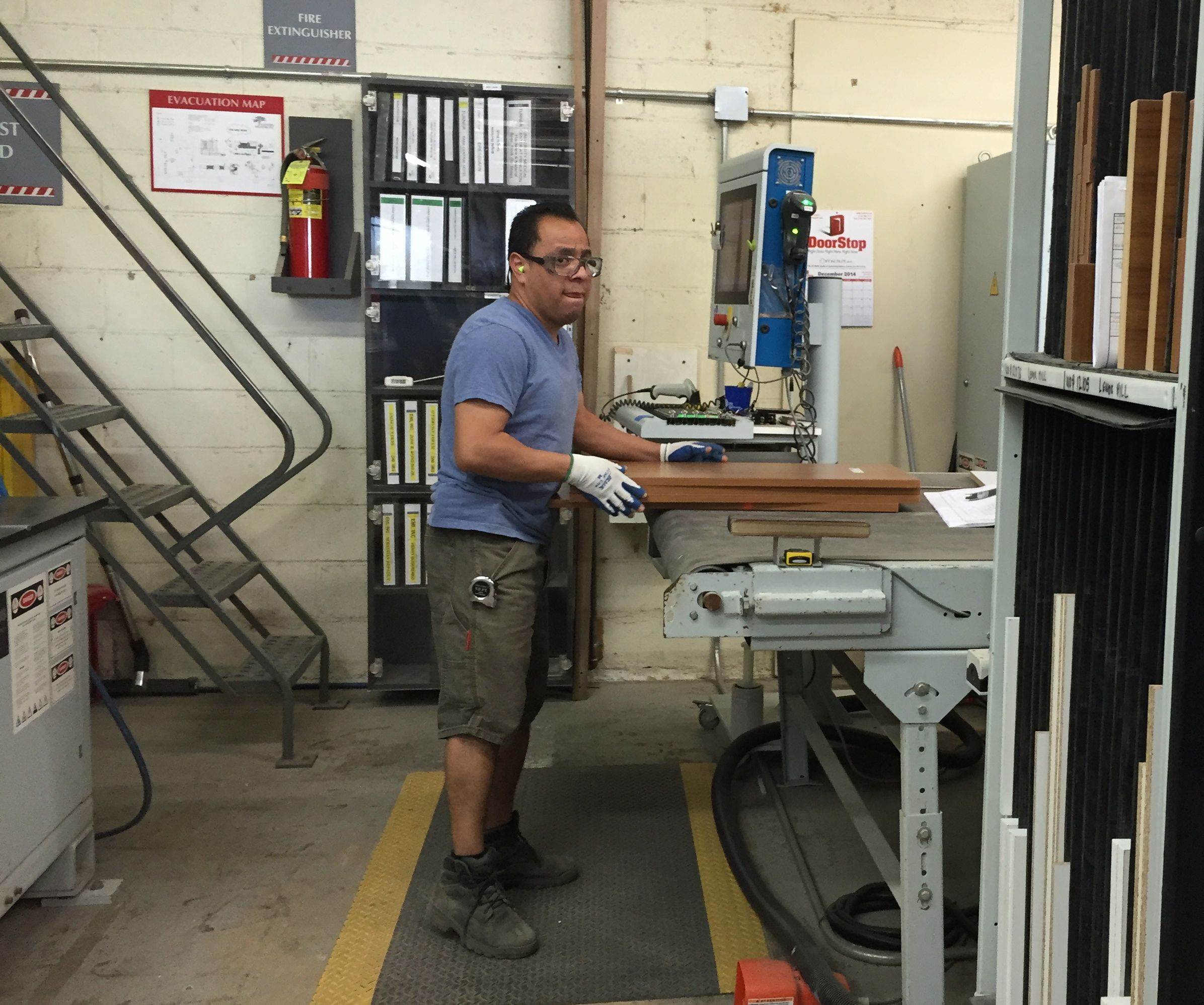There is an exciting opportunity these days in the growth of local small-scale manufacturing businesses. And real estate developers and city governments are taking notice.
These same cities and developers sometimes struggle to incorporate space for small-scale manufacturing into redevelopment projects. They do not always know how to identify small-scale manufacturing businesses, their different space needs, or how they can be integrated into different development models.
Until they can quantify the space, use, and structure needs of different small-scale manufacturers, developers will continue to struggle to include these businesses as key tenants.
Through Recast City’s work with cities, real estate developers and manufacturers, we developed a classification for different types of small-scale manufacturers. Hopefully this will help more communities successfully mix industrial uses back into the city.
Small-Scale Manufacturing
This is the umbrella term. It includes all types of small businesses producing tangible goods. This includes businesses producing goods in textile, hardware, wood, metal, 3D printing, and food. This also includes hardware prototyping, consumer product design and prototyping, film production, breweries and distilleries, and local food production and packaging.
Makerspace:
Makerspaces are basically big community centers with access to shared tools. These spaces generally range in size from 3,000 to 30,000 square feet. They provide public access to a combination of manufacturing equipment, and offer classes that teach people how to design, prototype and create tangible items that you cannot usually make at home. People access the space by paying a monthly membership fee (like a gym) and/or paying for a specific class. These spaces often offer sets of tools in textiles, wood, metal, 3D printing and CNC routers. Some operate as non-profits, like Artisan’s Asylum in Somerville, MA, and others are for-profit businesses, like TechShop. Makerspaces are great assets to a neighborhood and can be an amenity to real estate projects.
Shared Kitchen/Shared Woodshop:
Shared kitchen or woodshop spaces provide access to a set of tools to local small producers for a fee or with a sublease. These shops are often focused on tools within one industry – fully outfitting kitchens for food production that a small business can rent by the hour or a well-outfitted woodshop run by one owner but accessed by a set of sub-tenants who share the tools. These spaces range from 2,000 to 15,000 square feet. They are not open to the public. Startups and existing small producers may choose to sublease space for short or long-term use from the prime tenant. This model works in other industries such as textiles. Shared kitchens, like Amped Kitchens in Los Angeles, CA, or shared woodshops like the Osborne Design & Craft space in Indianapolis, IN, can be great neighbors. Real estate developers should plan for some delivery truck access.
Maker Industries:
Maker industries are stand-alone businesses that produce goods – often by hand or with a small set of tools. These business owners may be referred to as artisans. They have a few defining characteristics – they are full-time producers, they are generally a sole proprietor business or have 1-2 employees, and they sell their goods online or at local markets. These businesses may be technology and hardware based, like Small Batch Assembly in Reston, VA that creates custom electronic components, or non-tech, like Stitch & Rivet in Washington, DC that produces a variety of leather goods. They may also be a family business that produced jewelry for the past 30 years. These businesses often use 400 to 600 square feet of space. They may prefer interior spaces for production-only use, or they may be great micro-retail frontage tenants and produce in the back half of their open retail space. Most maker industries will not be able to pay market-rate retail frontage prices but they can bring a street front to life as a group of micro-retailers.
Small manufacturing:
Small manufacturing businesses are those starting to scale. They have dedicated production space and more tools of their own. They generally have 2-20 employees and often sell through wholesale outlets as well as online and at local markets. These producers generally need 2,000 to 5,000 square feet. Their businesses may be producing custom designed screen printed shirts like Vardagen in Fishers, IN, focus on hardware (tech) or consumer product (non-tech) prototyping like Zoku in Hoboken, NJ, or play a role in TV and film production. The small manufacturing businesses may be in textiles with their own cut and sew team, or create and package new food products. These businesses may need larger truck access for delivery and shipping. They may have specific exhaust needs for their production. These needs will be industry specific. Many of these businesses will not want retail frontage and will select existing industrial districts or back of the building options for space. Others might be wonderful retail frontage users, like Zeke’s Coffee in Baltimore, MD and Washington DC with production in the rear and on other floors.
Production at scale:
Small-scale manufacturing includes those businesses producing at scale for broad distribution. Remember – the Small Business Administration defines “small business” as one with fewer than 500 employees. In our classification, we look at producers that top out at about 100 employees, but some of these continue to expand in the same space. These businesses generally use 5,000 to 30,000 square feet of space. This includes coffee roasters like Pan American Coffee Company in Hoboken, NJ and distilleries or breweries like Rhinegeist in Cincinnati, OH. It also includes full-scale design production like the custom wallpaper/art from Studio Printworks. These businesses work with major brands or distributors and only operate in wholesale. They may need larger truck deliveries and may make some noise. They may also be high tech contract manufacturing plants like Flextronics’ Customer Innovation Center in Silicon Valley where startups prototype new products with design and engineering support.
These types of businesses are all over our cities and towns. Every type may not be found in every community, but many of them are there.
Real estate developers and city economic development officials need to understand each part of the small-scale manufacturing business sector so that we integrate the business needs into redevelopment and reinvestment efforts and bring production back to the city.
All photo credits are for Recast City unless otherwise noted.

